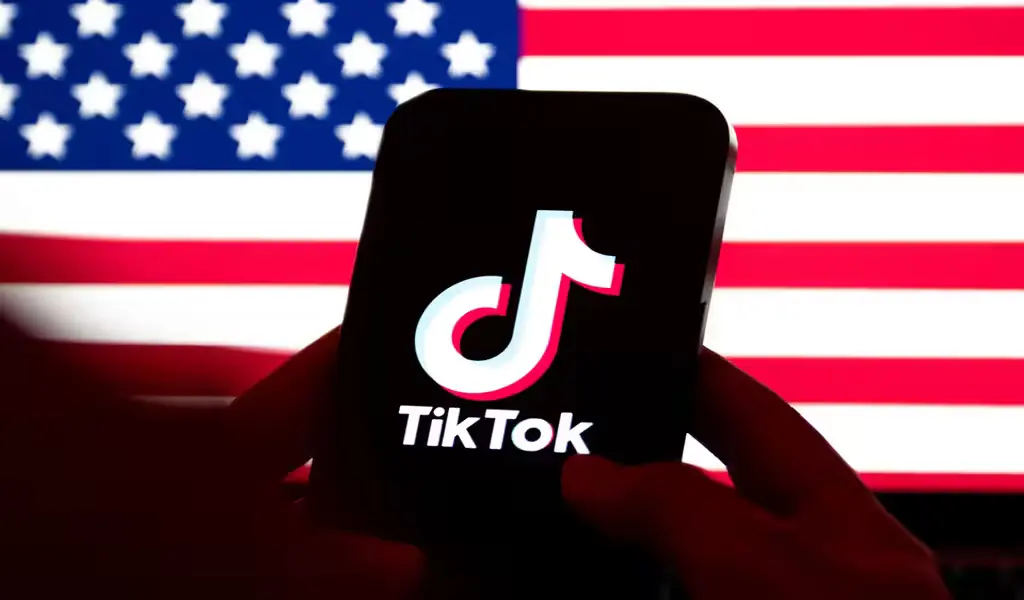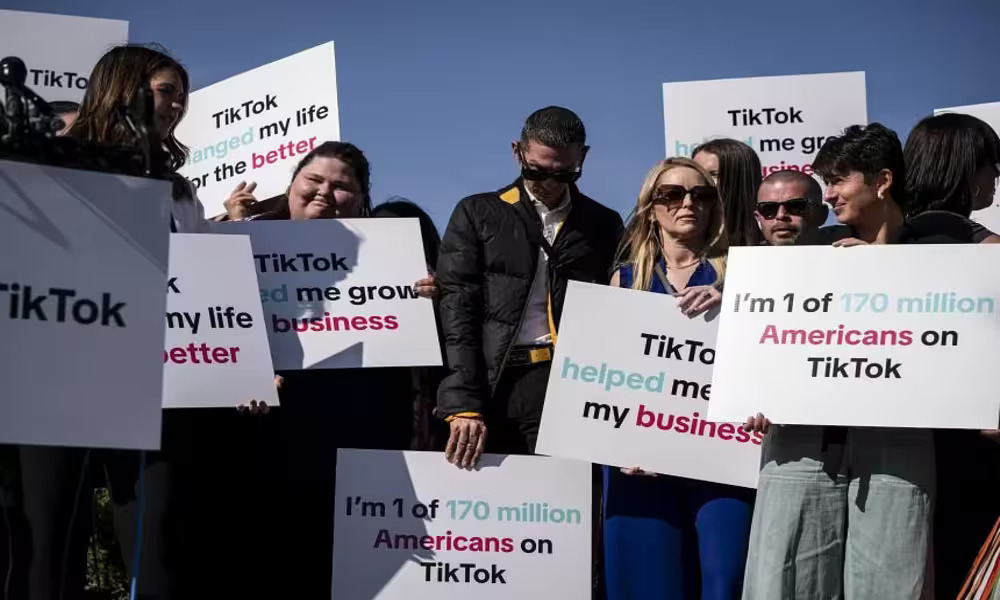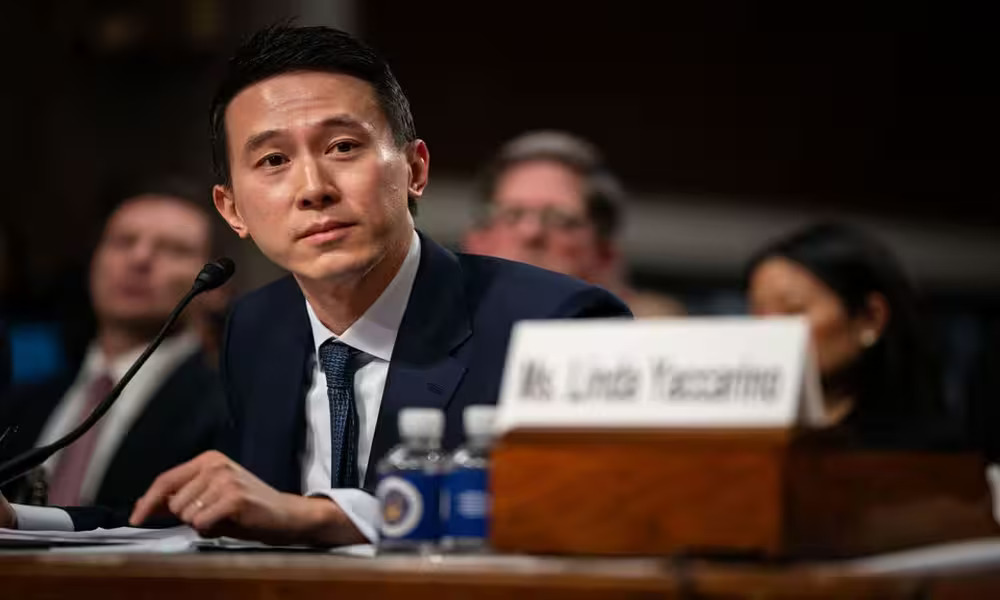(CTN News) – The U.S. Senate has overwhelmingly voted in favor of legislation aimed at banning TikTok from the United States unless its Chinese owner, ByteDance, divests the popular short video app within the next nine to twelve months.
The bill, which has already passed through the U.S. House of Representatives and is set to be signed into law by President Joe Biden, reflects growing apprehensions among American lawmakers regarding the potential for China to access and exploit user data through the app.
Senator Marco Rubio, a leading Republican on the Intelligence Committee, emphasized the importance of safeguarding American interests, stating, “For years we’ve allowed the Chinese Communist Party to control one of the most popular apps in America. This is a good move for America.”
TikTok Ban Sparks International Debate and Legal Challenges
In response to the Senate’s decision, the Chinese foreign ministry referred back to its earlier criticisms of similar legislation passed by the House of Representatives, asserting that the U.S. has failed to produce evidence of TikTok posing a threat to national security.
The ongoing dispute over TikTok represents just one aspect of the broader technological and internet-related tensions between Washington and Beijing.
Recent actions by China, such as ordering Apple to remove certain apps from its App Store over national security concerns, underscore the escalating conflict.
TikTok has vowed to challenge the legislation on First Amendment grounds, and users are expected to pursue legal action as well. Previous legal challenges have seen mixed results, with a U.S. judge in Montana blocking a state ban on TikTok citing free speech concerns.
The prospect of banning or divesting TikTok has raised concerns among civil liberties groups, including the American Civil Liberties Union, which warns of setting a dangerous precedent for government control over social media platforms.
Despite TikTok’s assurances that it has not shared U.S. user data with the Chinese government, the company faces an uphill battle to prevent the legislation from taking effect.
Implications and Challenges of the TikTok Ban Legislation
The bill’s provisions could effectively bar app stores and web hosting services from supporting TikTok if ByteDance fails to comply.
While the legislation provides the Biden administration with stronger legal authority to act against TikTok, concerns have been raised about the potential for abuse of power and infringement on First Amendment rights.
Under the new law, ByteDance has a limited timeframe to divest TikTok’s U.S. operations, with the possibility of a short extension if progress is being made on a deal.
However, some senators express skepticism about the feasibility of such a divestiture, warning that it could effectively result in a ban on TikTok.
As the legislation moves forward, it is likely to remain a contentious issue, with potential implications for the upcoming presidential campaign.
Former President Donald Trump has already urged young voters to consider the possibility of a TikTok ban, indicating that the debate over the app’s future is far from over.








